
Many will know of my fascination with crows, ravens, and
other members of the Corvidae family. This group of birds also includes the
jays, magpies, and whisky jacks (grey jays). I have previously described (blog posts here and here and my favourite here)
the great intelligence of these birds (specifically the Corvus
moneduloides or New Caledonian crow) and so it comes as no surprise that a
recent study[1]
links one member of this family to the ability to plan for the future. A group
of common ravens (Corvus corax), studied at the Lund University of Sweden, was found
to be at least as good as small children and apes at “flexible planning.”[2]
revealed that the ravens were capable of planning for the future beyond common
instincts they would have experienced in the wild. Some of the behaviours
exhibited included the ability to select a rock that was useless to them then
but proved to be useful in getting a food treat later. They could also delay
gratification by choosing a useful rock, over an average treat, which would
later allow them to retrieve a spectacular treat. There were further ways in which useful tools
were purposely set aside for later use.
causes some to marvel at the mystery of the universe and see a natural
progression of intelligence in evolutionary systems. For others, it results
in praise for the Creator’s perfect intelligence that bestowed upon these
beasts a portion of intellectual prowess. For some of us, it does both.
and M. Osvath. Ravens parallel great apes in flexible planning for
tool-use and bartering. Science. July 14, 2017. Vol.
357, p. 202. doi:10.1126/science.aam8138
https://www.sciencenews.org/article/ravens-pass-tests-planning-ahead-unnatural-tasks

non-stars in the music industry. In 1969, as she was far from home, pregnant,
and in a bad relationship, she was called by her manager. Her manager said, “We
have some guys from England in the studio, the ‘Rolling somebodies.’ Can you
come down and sing a track?” Her husband grabbed the phone and said, “No, she
can’t come down, she is tired and pregnant. It is 2:00 in the morning.” The
manager said, “I think these guys are going to be something. It will be good for
your career. I think you better get down here.”
nightgown, a coat, and a scarf over her curlers. She was given the lyrics to the song “Gimme Shelter” which
had to do with the horrors of the world: war, murder, rape, floods, and shootings.
She belted out her lines and blew away the band. On the original studio
recording you can hear Jagger getting excited by her performance. Her solo only
lasts a few minutes but is one of the great moments in music history.
Thanks to Chris Lantz for supplying this idea
for a Great Moments in Music History blog.
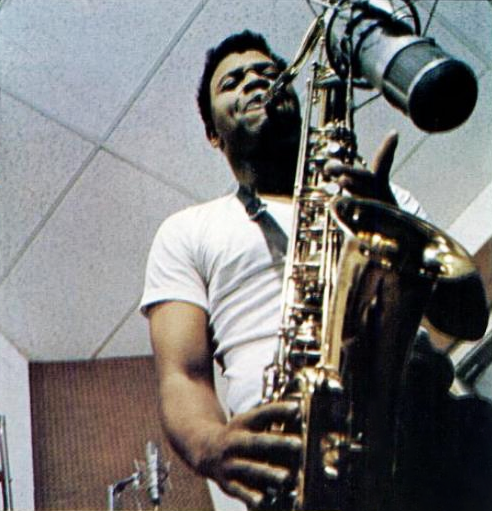
Moments in Music History
music DJ (does such a thing still exist?) I would curate a show that focussed
on some of the greatest moments in music and radio history. There would be
plenty of room to talk about first radio transmissions and music innovations,
but I would also address great solos and production of modern music phenomena.
Today’s blog highlights one such moment.
it only lasts a little more than 40 seconds, the saxophone solo on the song “Urgent”
by Foreigner is one of those great moments in music history. The album, Foreigner Four, was released in 1981 and
contained the song. It was instantly popular on Top Forty Radio for its rhythms
and guitars, but it was the sax solo that made it a legend that lives on to our
current day.
Walker of Motown fame who led the band Jr. Walker and the All Stars, played the
solo on the recording. Take a listen to it again here. Notice how there is a hint of the solo at approximately one minute and thirty
seconds of the song; then the true solo breaks out at 2:40. Mick Jones of
Foreigner heard that Junior Walker was touring through the same town in which
they were recording Foreigner Four. Jones sat in on his sets at the Lone Star Café
and then talked to Junior in his dressing room. Junior was happy to oblige and went
down to the studio. However, he was taken aback by the fact that he was playing
to the track previously recorded by the band. He had wanted to play live with the band.
recording was done and it took a few edits to get what they wanted. But, when
Junior Walker played with the band in concert a few weeks later, they were perfectly
in-sync and played like they had always played together. It is truly one of
those great moments in music history.
of your favourite moments in music history. Maybe you will see it featured on this blog.
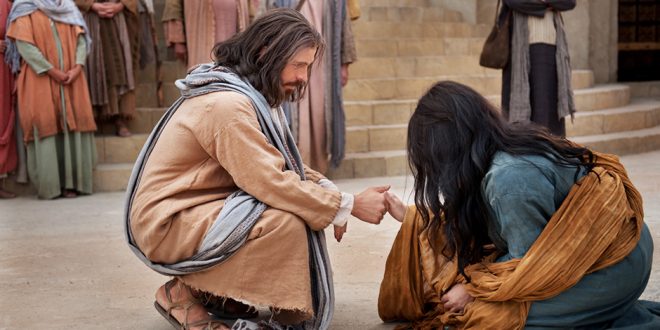
in sin. The religious authorities bring her to Jesus to judge her. He does
challenge her, but first he acts as her advocate. Hugh Halter in The Tangible
Kingdom (p.45), has this to say about the passage:
of the universe – the only one who should have genuinely been offended, who
could have postured himself as judge and executioner – literally lowers himself
to her level and becomes her only friend, protector, and advocate. Yes, he does
challenge her lifestyle and asks her to stop, but not until he has postured
himself as an advocate. This is key. He addresses her head only after he has
her heart.”
the sand, literally stooping to her level. Here we see modelled for us the
posture we are to take with others. Here is the posture we take with First
Nations groups that have been treated deplorably by ourselves or our family;
here is the posture we take with those who are discriminated against because of
their sexual orientation. The first posture is advocacy and care for them. Only
then can we point them to Jesus for him to challenge them, remembering all the while that Jesus is also challenging us in how he wants us to live our lives.
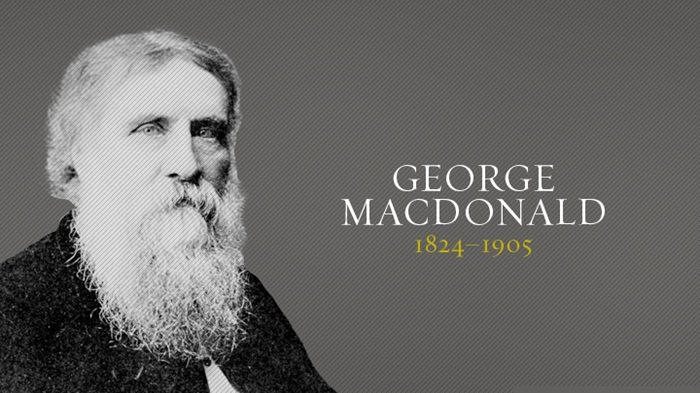
For so the goblin Selfishness would reward the angel Love.
George MacDonald, Phantastes, p. 124,
1981 edition, 1851 original.
writer who poetically described human nature. His books have not been widely
read in the last few years but are certainly worthy of consideration. In
Phantastes, he wrestles with the concepts of love, lust, pride, and
disobedience in ways which challenge every reader to consider their own
motives. In this quote, he is asking us to consider what it is that constitutes love and what constitutes self-interest.
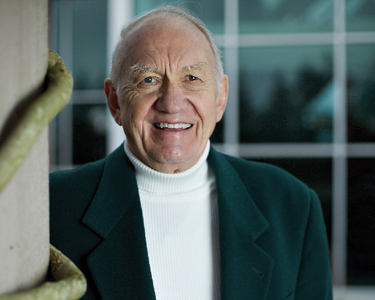
sad commentary on the church and on its understanding of the Holy Spirit that
“official” leadership and ministry is allowed to come from only one half of the
community of faith. The New Testament evidence is that the Holy Spirit is
gender inclusive, gifting both men and women, and thus potentially setting the
whole body free for all the parts to minister and in various ways to give
leadership to the others. Thus my issue in the end is not a feminist agenda—an
advocacy of women in ministry. Rather, it is a Spirit agenda, a plea for the
releasing of the Spirit from our strictures and structures so that the church
might minister to itself and to the world more effectively.”
Gordon Fee,
Professor Emeritus of New Testament at Regent College, ordained in the
Assemblies of God in
“The Priority of Spirit Gifting for Church Ministry”, Discovering Biblical Equality Complementarity
without Hierarchy. Ronald W. Pierce, Rebecca Merrill
Groothuis, Gordon D. Fee (eds) (IVP Academic, 2012) p.254.
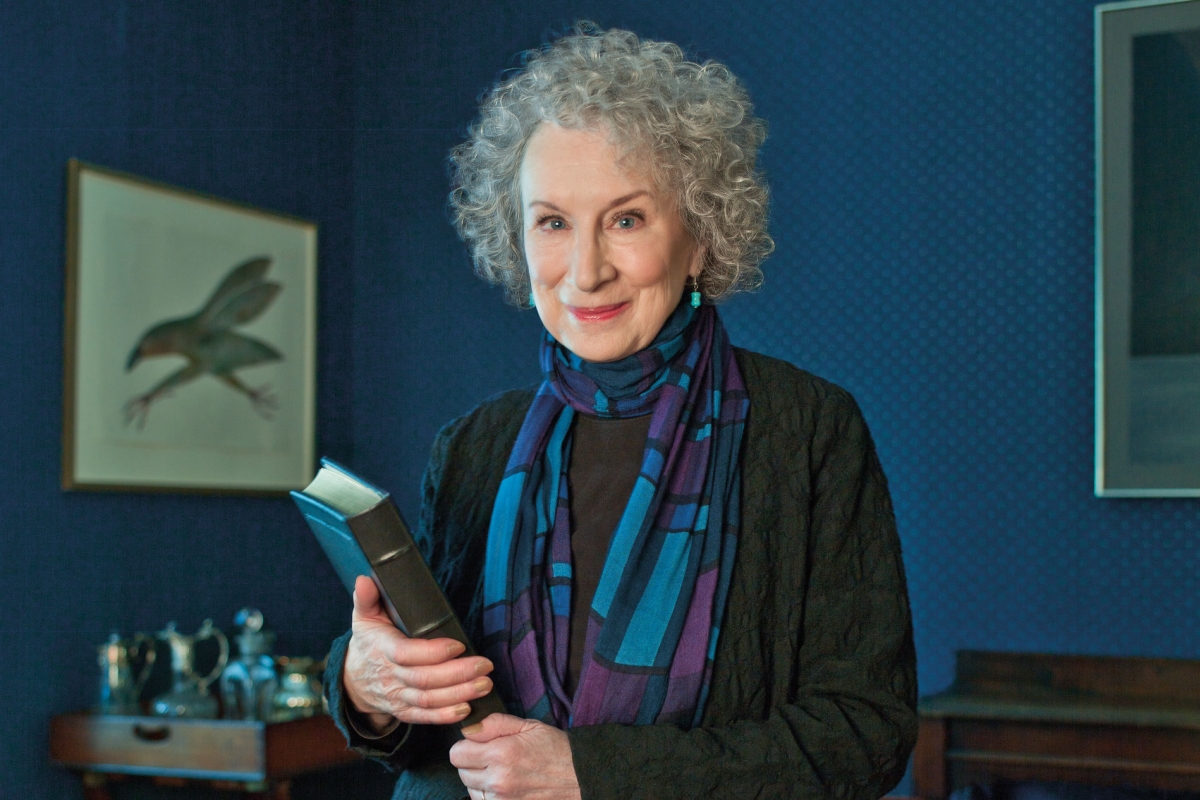
Canadian and Aboriginal Studies, put on what they called a conference and
public event in May of this year entitled Restorying Canada: Reconsidering
Religion and Public Memory in 2017. They invited several participants to
present papers and/or speak at the event. The focus of the conference was religion
and memory, with an emphasis on Canada’s Indigenous People. Topics included
such subjects as Indigenous Schooling, Indigenous History, Restorying Islam and
Judaism in Canada, and Canadian Atheists and Religious Nones. Margaret Atwood
(CC OOnt FRSC), a respected Canadian author with many awards, was one of the invited
speakers. As a humanist who writes about women oppressed by patriarchy and/or
fundamentalist religion, one might expect her to be exceedingly negative toward
religion in Canada. However, here is an excerpt from her speech entitled, “The
Future of Religion in Canada: Utopia or Dystopia?”
religions. Some people have that view. I do not agree with that view because
atheist regimes have done a good job of oppressing and murdering people too. It
is true that Christianity has got some dark moments. And it’s had some dark
moments in Canada. Dark moments of various kinds. But I don’t think you can put
that down to a religion. I think you can put that down to human beings behaving
the way they unfortunately sometimes do – whatever religion or non-religion
they may happen to have.”
understand those words within that context, and it is refreshing to hear this statement
from her. Contrary to some of her humanist and atheist contemporaries, she does
not blame religion for all of the world’s ills and recognizes that human beings
of all philosophical and theological varieties have a propensity for evil. Is
that not what the Bible clearly says: “all have sinned and fall short of the
glory of God” (Romans 3:23). These are important words for all people to hear.
We are all quite capable of “behaving the way humans unfortunately do.”
must take responsibility for the residential school system that was so
devastating to the Indigenous People of that time. Humanity in general must
also take responsibility for the system. This is what makes government and
religious apologies a necessary but difficult thing to do. The actual
perpetrators of the system may or may not be available for the apologies; those
who allowed the devastation to occur may or may not be available for the
apology. Yet, the apology needs to be made to begin the reconciliation process.
I am encouraged by these humble words of Ms.
Atwood. I pray that I may be humble as I consider my place in the big
issues of public apologies.

reflections lovelier than what we call the reality? — not so grand or so
strong, it may be, but always lovelier?…There is no cheating in nature and
the simple unsought feelings of the soul. There must be a truth involved in it,
though we may but in part lay hold of the meaning.
George MacDonald, Phantastes, 1858, 1981 printing, p. 66,
67.

in the universe. We have come a long way in our understanding in a relatively
short period of time. Although Yajnavalky proposed a heliocentric solar system
(sun at the centre and planets orbiting around it) as early as the 9th
Century BCE, it was not widely accepted until mid 17th Century CE.
In those 350 years, we have gone from gazing at the planets to aiming for the
planets. Presently, both NASA and Spacex are expending a significant amount of
time, energy, and money on the concept of colonizing Mars. Gregor Mendel
(1822-1884) did the initial research and posited the concept of a gene a little
more than 150 years ago. Today, we have mapped the entire human genome and have
the capability of manipulating our own genome. We may soon be able to delete defective genes and replace them with healthy ones.
The same curiosity and innovation is seen in every aspect of science,
engineering, social-science, philosophy, and theology. Human-kind is
continually advancing in our understanding of the universe and our
relationships with it.
in a vacuum. As advances are made in one area, other disciplines incorporate
those discoveries and grow in their understanding of their own place in the
conversation. Therefore, it is essential that those of us who follow Jesus continually
analyze our theological understandings. God is the same yesterday, today, and
forever; his word never changes; but our theological understandings must adapt
as we learn from other disciplines. Indeed, the development of the concept of
the heliocentric solar system represented one of those large shifts in our
understanding and in our theology.
is challenging some strongly held beliefs within our theology. As in the time
of Copernicus and Galileo (as they explained the heliocentric solar system) we
have a few options. We can reject recent genetic science and say it must be
wrong, we can reject the Bible and our faith (as some students do when they
encounter genetics in a university), or we can see how the genetic science informs our
theology and adapt our understandings of our Bible.
nature of human genetics and the evolution of man. Contemporary science tells
us that the Homo genus first appeared
about 1.5 to 2 million years ago while anatomically modern Homo sapiens have been on the planet less than 200,000 years.
Recently, through population genetics, it has been possible to determine that the
number of individuals necessary to account for the current diversity seen in
the human population is in the range of 6,000 to 10,000 people. What this means is that we are not all descended from two individuals but
rather from this population of at least 6,000 people.
understanding of Adam and Eve and the nature of original sin? Clearly, we did
not inherit sin from Adam and Eve as if it were a gene on one of our
chromosomes. Could it be that Genesis is describing something else in a poetic
form? J. Richard Middleton, in a recent article suggests the following
scenario.
the rise of moral consciousness was a decisive development among anatomically
modern Homo sapiens, which resulted
from a developing awareness of God’s call to a certain (moral) form of life. It
is also plausible to think that it was not long before these humans began to go
against the new revelations of conscience, and thus sin was introduced into the
world (and both moral consciousness and sinful resistance then spread to all Homo sapiens).… This is a faithful
interpretation of Scripture, and fully consistent with evolutionary science.
a development of, and a rebellion against, conscience. This makes some sense. I
have heard parents sometimes say, “Oh that is something our child picked up at
day-care.” When a behavior occurs in a certain population of children or
adults, it can quickly sweep through the entire population. Perhaps the Genesis
account is telling us of a group of people who lived together in a region at a particular
time to whom God began to call. He called them out of their life as just
another animal in the creation and made them the crown of his creation. He
began to call them to a moral form of life and invited them into relationship
with him. He bestowed upon them his image and called them adam (earth man) and eve
(giver of life). God may have done this with two of the population of 6,000 -10,000 people, or he may have done this in a more general sense with the entire
population. Once he had called them to the moral life, it was only a matter of
time before humans would rebel against this life to which they were called and
sin would spread through the entire population. God has been working with
humans ever since, teaching us to follow his ways, even as we rebel against him
and go our own way. There is always more for us to learn from him at every
stage of the development of humans. He is still coaxing and drawing us toward
himself today. We humbly look toward God knowing that we still have more
questions than answers; and we keep asking the questions as we seek to find our
place in the universe.
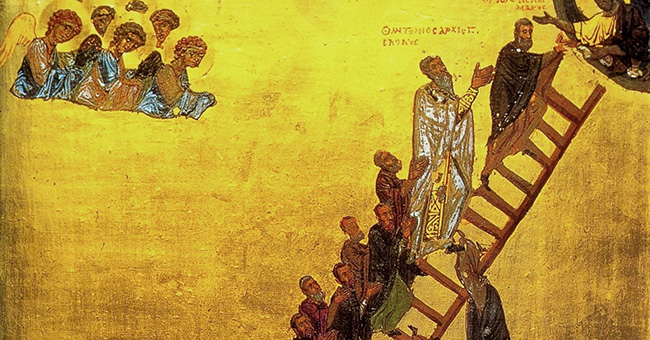
There are only two kinds of people: those who say to
God, “Thy will be done,” and those to whom God says, “All right,
then, have it your way.”
– “The Great Divorce” (1945)